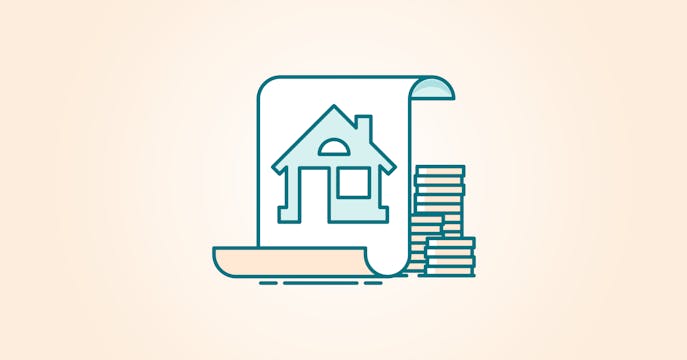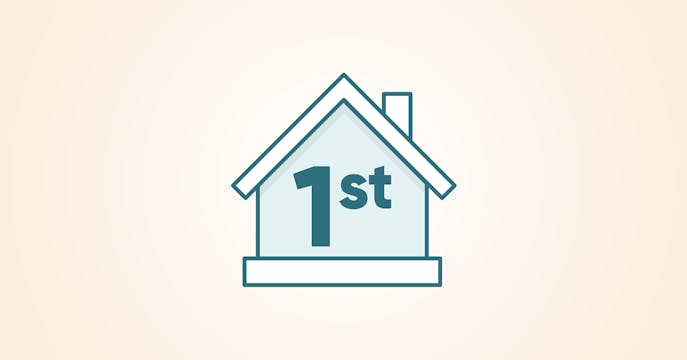What if you're self-employed — and provide your own paycheque?
As a business owner, if you've paid yourself a salary, it can count as traditional income, provided you've declared it on at least two years of personal tax returns.
But lenders usually see self-employed income as more complex. They may review your full business financials, look for consistency year over year, and sometimes apply additional conditions like larger down payments or default insurance.
If you run your own business or freelance, lenders may handle your income differently than a standard job paycheque. Learn more about how the process works on our Mortgages for Self-Employed page.
How is your income used to determine how much house you can afford?
How lenders calculate affordability can vary, but for the most part, they use two percentages based on your monthly income — your Gross Debt Service (GDS) and Total Debt Service (TDS).
Gross Debt Service (GDS) should be about 39% of your monthly household income. Add up your mortgage payments (principal plus interest), taxes and heating expenses (and half of monthly condominium fees, if applicable), then divide by your gross monthly household income.
Total Debt Service (TDS) shouldn't exceed 44% of your monthly household income. Take the housing costs from the above point and add any other debts, such as car payments, personal loans, and credit card payments, then divide by your gross monthly household income.
Don't forget the federal mortgage stress test!
You may also need to qualify for your mortgage payment through the federal government stress-test requirement, which may lower the mortgage amount that you can apply for.
From paycheque to your best deal.
No matter what your income source is, our expert True North brokers know the rules and lenders and can find the right mortgage fit for your situation.
Plus, our volume discount means you'll get your best rate to help you save thousands, term after term.
Whether you need a fast pre-approval or are ready to be approved, we seamlessly guide you through your process — for a dream mortgage experience to go with your dream home.
Anywhere you are in Canada, we offer our superior mortgage service online, over the phone, by email, or drop by a store location near you.
Note: Please consult with a professional expert mortgage broker for the income source details and documents you need for your unique situation.




